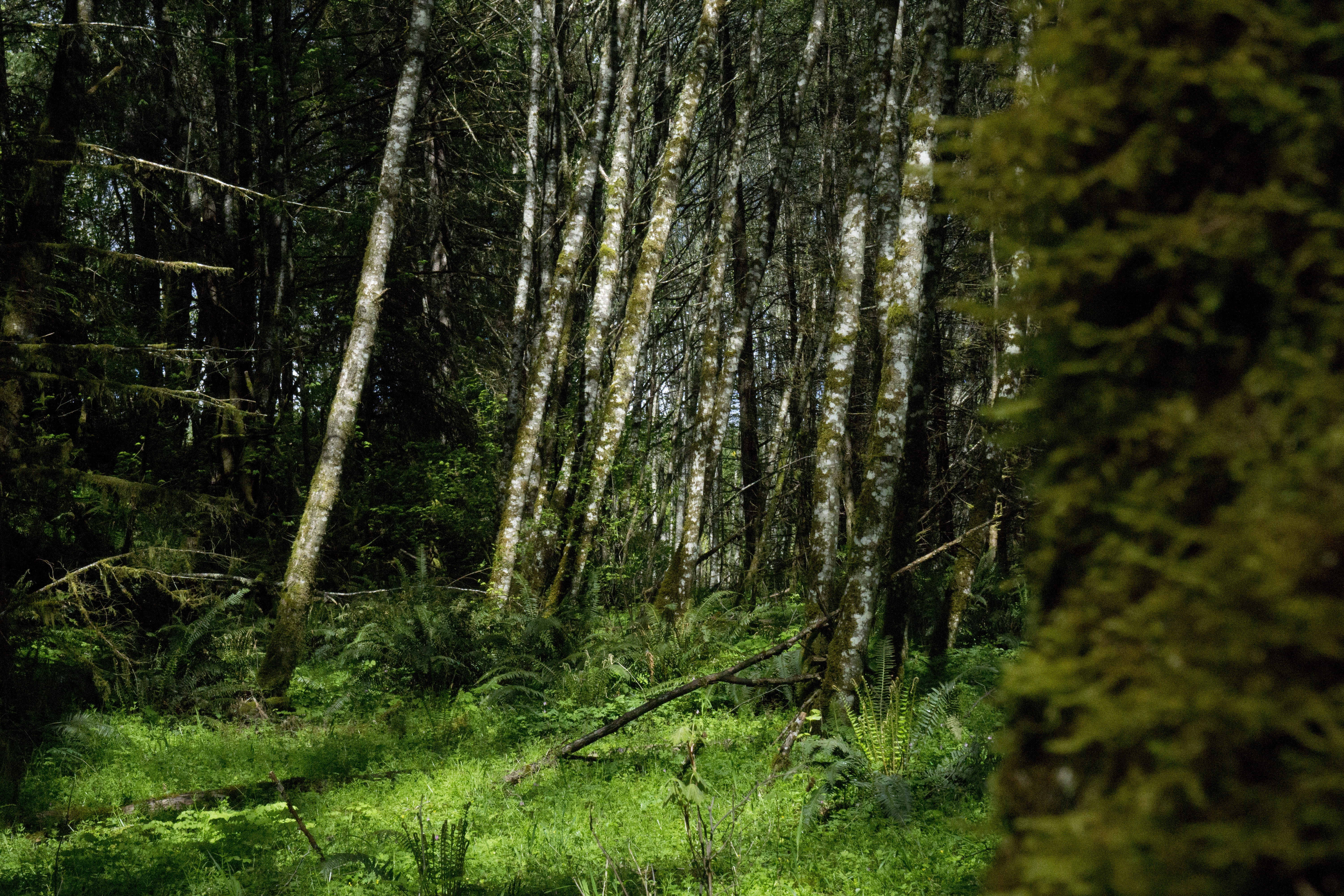When cancer comes calling, what if owners of small forest plots had another choice but to sell or to cut?
That’s the premise of a pilot program being launched in Washington and Columbia counties of northwest Oregon.
Anchored by the Pinchot Institute for Conservation and an $820,000 grant from the U.S. Department of Agriculture, the Forest Health/Human Health Initiative envisions what planners call an “A-Tree-M” card for forest owners who are threatened by medical bills but don’t want to cut or sell. The source of the income: Emerging markets for sequestering planet-warming carbon dioxide.
Are they serious? Well, they trademarked “A-Tree-M.”
The idea is that family forest landowners can get cash now from cap-and-trade carbon markets like those in Europe and California, where power plants and others emitting greenhouse gases have to pay for the privilege. That money would offset polluters’ carbon emissions. For example, a forest landowner could eventually be able to commit to leaving trees on his or her land longer than is customary. If trees grow for an extra 10 years, say, they store additional carbon — carbon that remains tied up in the wood when it is harvested and turned into plywood or a table. Carbon that someone paid to store.
To participate on the scale required by current carbon markets, small forest landowners will have to aggregate their holdings and agree on how manage their lands to qualify for the payments. How this could happen is what Ecotrust, Northwest Natural Resource Group, the Oregon Forestry Department, Woodlands Carbon and L&C Carbon LLC are joining with the Pinchot Institute to figure out.
Much work remains to get the system up and running, says David Diaz, who is working on the project for Ecotrust. The pilot project in northwest Oregon will help forest owners complete management plans for their land, conduct carbon inventories and put conservation practices into effect.
Diaz says carbon credits could be combined with conservation easements and other income-producing conservation payments to make it worthwhile to leave trees standing longer. A whole system will have to be worked out, Diaz says. He compares the initiative to building a car — but someone’s also going to have to build the highway, he says.
“We don’t want to give the impression that carbon markets are a silver bullet,” Diaz says. “Carbon markets aren’t going to fill this whole gap. And particularly if they are only working for large landowners.”



